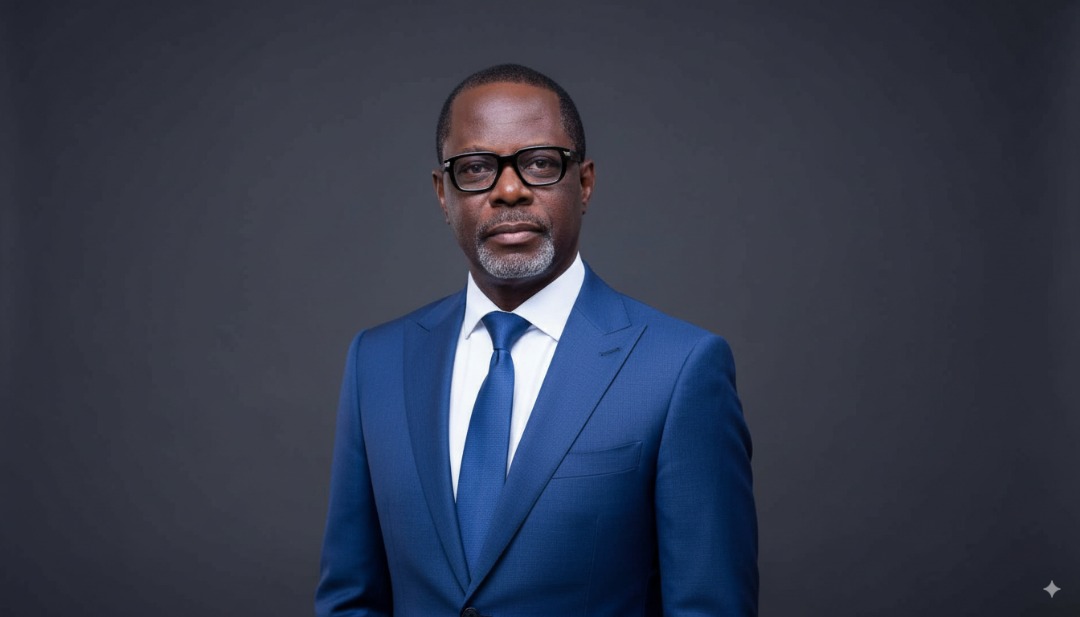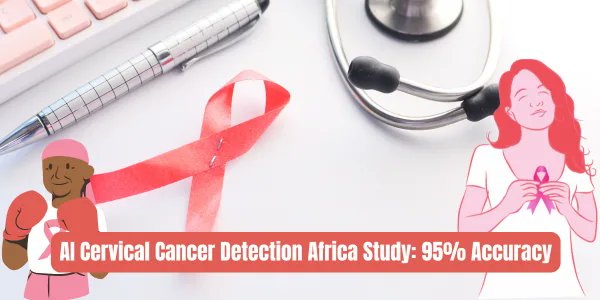Africa, and Nigeria in particular, stands at a profound crossroads. The generative AI revolution is not a distant wave; it is here, and it is reshaping our media, our economy, and our society. The question before us is no longer if we will adopt AI, but whether we will be its active architects or its passive assets.
This was the urgent focus of this week’s Africast 2025, where the National Broadcasting Commission (NBC) had the foresight to convene a critical panel on “AI Governance and Ethical Deployment.” This conversation was not a mere academic exercise; it was a hands-on workshop to chart a course for a resilient and sovereign African media ecosystem.
As I argued during the panel, we face two profound, existential risks.
The first is the “Black Box” Problem. We are being encouraged to adopt powerful, opaque AI systems where decisions are made by algorithms we cannot trace, audit, or explain. When an AI model flags a political speech as “hate speech” or denies a citizen access to information, we must be able to ask why. If we cannot, we have abdicated our editorial and social control. As I have long maintained, governance without transparency is surveillance.
The second, and perhaps more insidious, risk is a new form of “Digital Colonialism.” For decades, our broadcasters and creators have painstakingly built a vast archive of our culture: our music, our news, our languages, and our unique worldview. Today, this digital identity is being scraped and harvested—often without permission or compensation—to train global AI models. These models are then sold back to us, competing with our own creators while remaining fundamentally disconnected from our context.
We are, in effect, providing the raw materials for a new industrial revolution and getting little in return. This is not a sustainable or sovereign future.
But this is not a time for technological pessimism. It is a time for bold, pragmatic action. We must move from being consumers of AI to being architects of it. During the panel, I proposed a practical, three-part strategy to the NBC and my fellow leaders—a strategy to move us from “black box” to “glass box” systems.
First, we must champion a phased ‘Crawl, Walk, Run’ adoption framework. We don’t need to boil the ocean. We can “Crawl” today by leveraging our own national assets, like the recently launched N-ATLAS model, to translate content into Yoruba, Hausa, and Igbo. This is a practical, low-risk way to immediately build resilience and expand audience reach. We can “Walk” by mandating a “Human-in-the-Loop” protocol, ensuring AI augments—not replaces—our journalists.
Second, we must mandate Explainable AI (XAI) as a national standard. “Editorial Explainability” must become a non-negotiable procurement requirement for any AI tool used in our newsrooms. If a vendor cannot make their AI’s decision-making auditable, they are not a partner; they are a liability. This is the only way to ensure editorial control remains in the hands of Nigerian editors, not in an opaque algorithm.
Finally, and most critically, we must build collective sovereignty. I called on the NBC to spearhead the creation of an ‘African Broadcasters’ AI Charter.’ No single media house can negotiate with a global tech giant, but as a unified bloc, we have immense leverage. This Charter would establish two things: a unified standard for XAI, and a collective IP and data policy to license our archives. This ensures we are partners in the AI revolution, not just its data-rich territory.
The vision to “build our future on our own terms” is not just a slogan; it is a national strategy in motion, proven by the development of our own language models.
The conversations at Africast 2025 were a powerful reminder that technology will not transform Nigeria. People will. We have the vision, the talent, and the will. The era of just talking about AI is over. It is time to build.
Dr. Celestine Achi is an AI Educator, Innovator, and Consultant. He was a panelist at the Africast 2025 session on AI Governance & Ethical Deployment.




